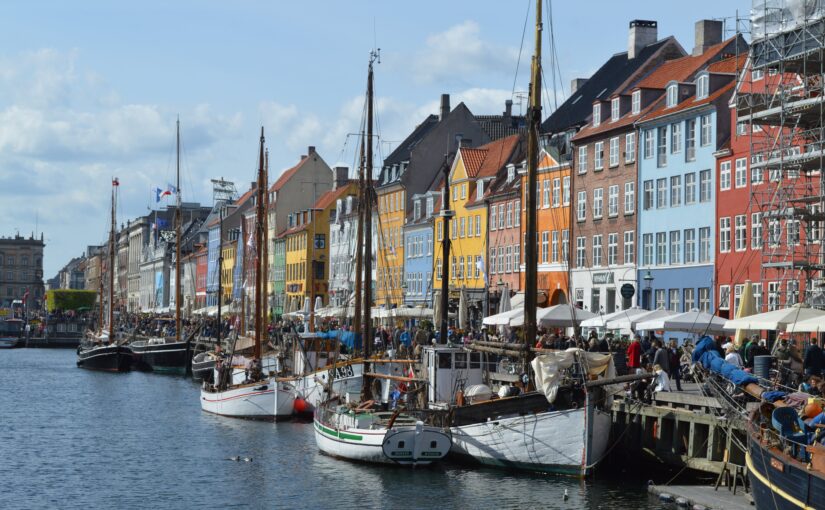Field of study in Wageningen: Molecular Life Sciences
Study period exchange: 23/01/2023 – 31/05/2023
Country (exchange): Denmark
City (exchange): Kongens Lyngby
University (exchange): Technical University of Denmark (DTU)
2. Motivation for exchange
Why did you choose to go on study exchange?
The main reason was to experience what it is like to live in another country and to find out how an other university than WUR operates.
What is the reason you chose for this country/university?
DTU was on my list because I could follow courses here that interested me and are not available at WUR.
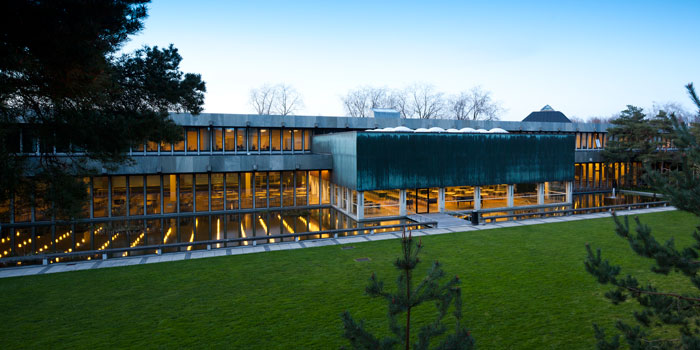
3. Accessibility to reach destination
Do you have any tips to reach your exchange destination?
It is easy to get here by train or Flixbus.
4. University and studying
Could you provide some general information about the followed courses?

How is the study formalized?
There was a lot of group work, compared to what I’m used to. The workload was mainly focussed on the last weeks of the semester, primary because of deadlines for group work. There is a lot of free time (I had 4 days of weekend), but the courses generally require a lot of preparation outside the contact hours. The written examinations were almost all of them all aids allowed, one course even with the use of internet. So the manner of preparing for the exams and the exam questions themselves were very different from the courses I followed at WUR.
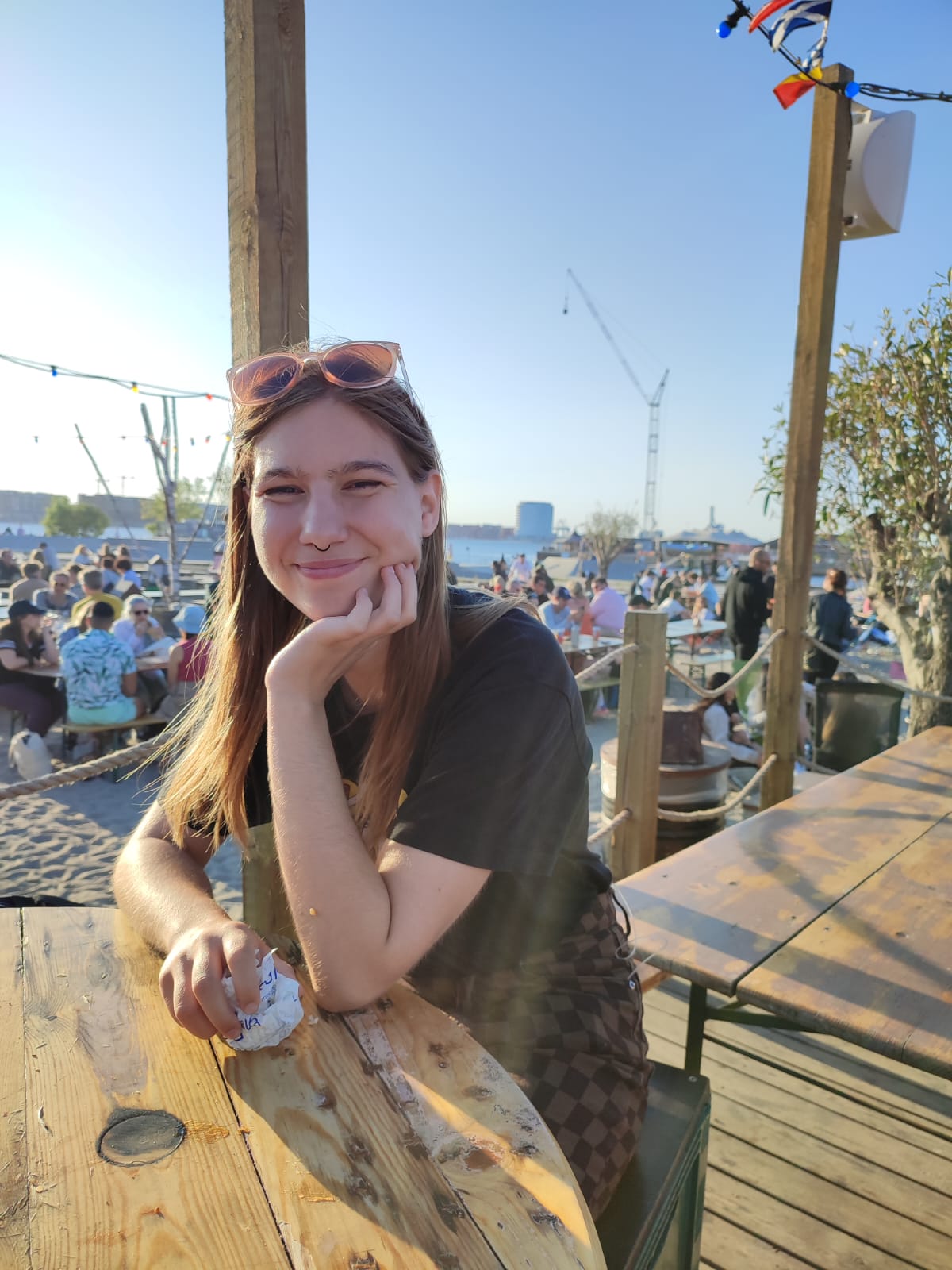
What is the culture of the university?
The lecturers are very approachable, I think it is similar as it is at WUR. Students ask a lot of questions during the lectures and often approach the lecturers after class. The lecturers are friendly and eager to help where they can.
What does the university offer the student additionally?
The catering is amazing, they have three different canteens where they serve hot meals every day. It’s a buffet where you can choose whatever dish you like and pay for the weight of your food. Students get a discount, which is nice. Sports facilities are not that great. They have a small gym and a climbing hall. It is not nearly as big as the Bongerd and they offer not that much variety. There are some sports clubs where you can do other sports such as frisbee or taekwondo, but not that many and some are with only Danish students. As far as I know there are no laundry facilities within the university. They do have a huge library where you can get 24/7 access. They have printers for posters that you can use and even 3D printers.
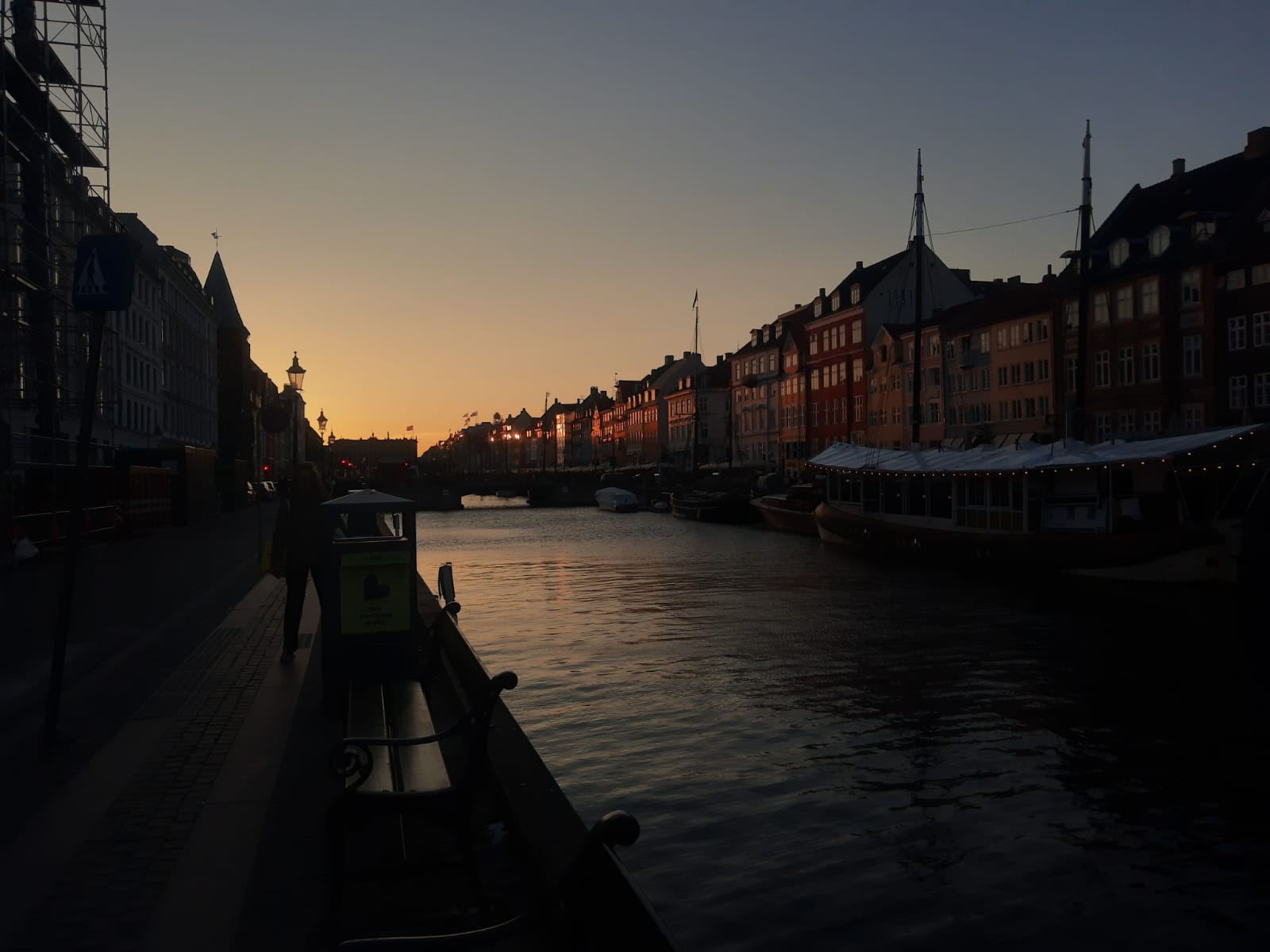
5. Housing-travelling-living
What are the possibilities for housing?
There is a housing company, BDTU, that offers housing for international students close to campus. The rent is high (around €700-€800 p/m) compared to housing for Danish students, but at least you get a room (that is fully furnished). They only offer private rooms, some must share a kitchen, but all have a private bathroom. Important to note, BDTU offers only fixed rental periods. So, if you want one of their rooms you have to rent it for half a year. Meaning it might be possible that you have to pay longer than your stay.
What is the culture of the country like?
I would say that the culture is quite similar to the Dutch culture. In general people are on their own and would not start a conversation with a random stranger. However, if you initiate contact, Danes are very friendly. The local cuisine is not that special. It seems they like pork and chicken a lot. As a vegetarian I found it hard to eat in restaurants, since the vegetarian options are very limited. In Copenhagen there are more options, but in smaller places it was tough.
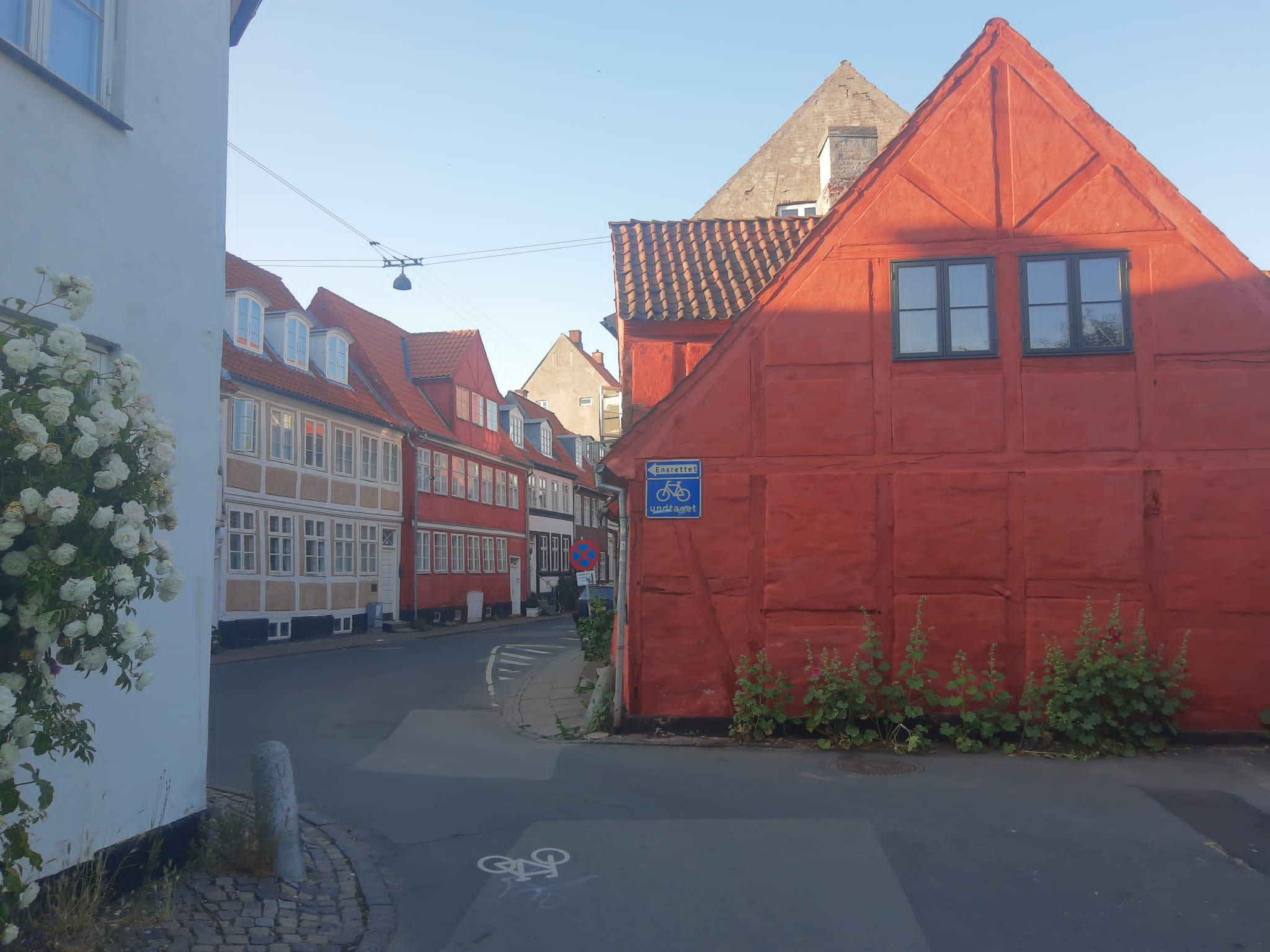
Could you give a general price indication of the place of residence compared to living in Wageningen?
Expensive!! The rent was more than twice as high as in Wageningen and the groceries are very expensive, mostly because of taxes. So, I would say overall I spend 1.5x or 2x as much as in Wageningen. However, inflation was high during my stay, so the costs were not only because Denmark is expensive.
Could you give some information about public transport infrastructure?
Public transport is well organized. The buses and trains continue almost all night, and it is possible to take your bike with you. In general, it is custom to use a bike for transportation, especially on campus since it is huge and there is no public transportation on campus itself. If you want to go further away you can use public transport. They work with zones here, so you pay a fixed amount for each zone that your journey goes through. You can buy a ticket with an app (DOT) or with cash on the bus, but it is cheaper if you use a Rejsekort, which is the Danish equivalent to an OV-chipkaart. The prices depent on the number of zones you go through, but to give an indication a trip from campus to Copenhagen is three zones and costs around 36 DKK.
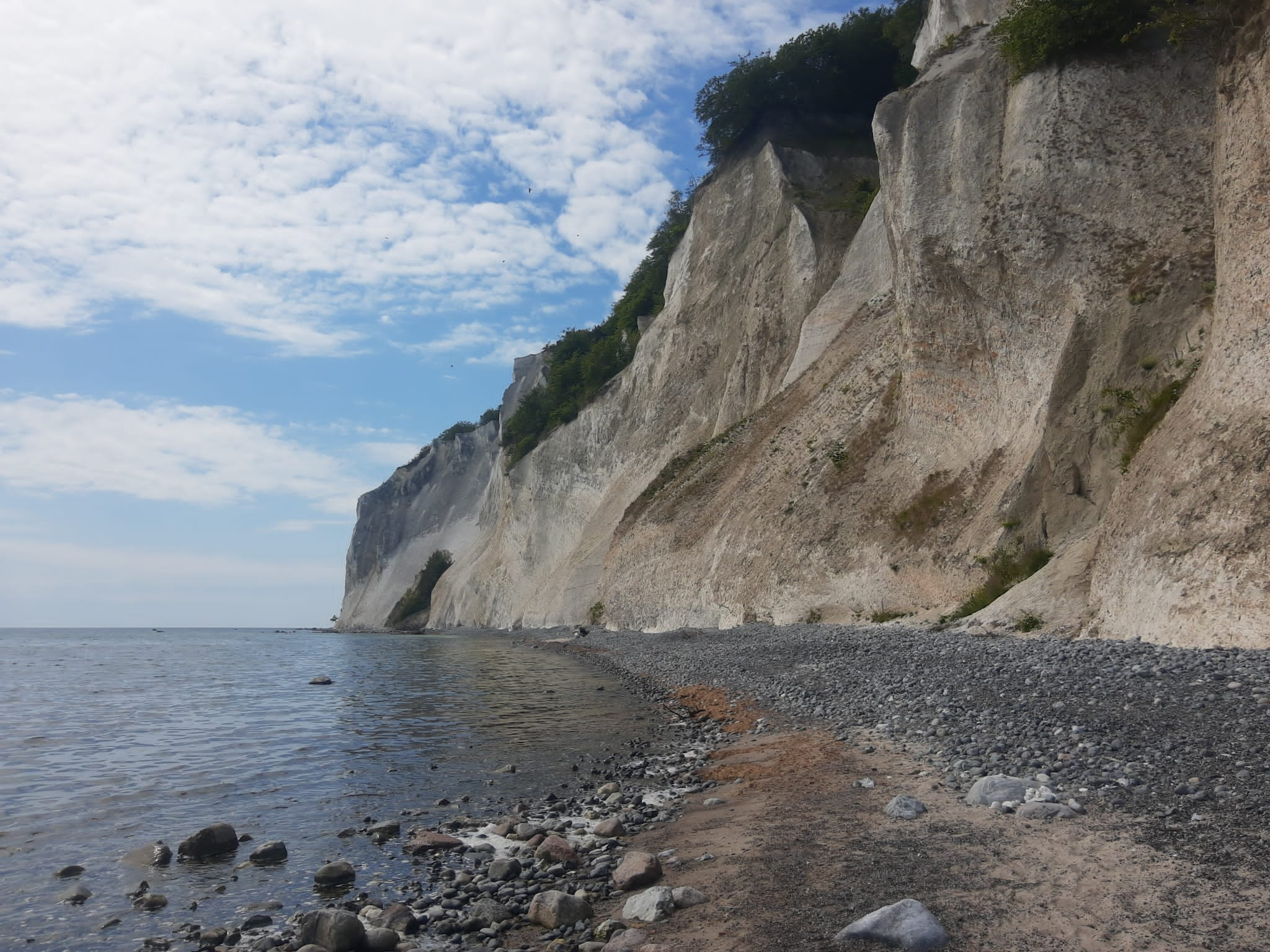
6. Free time
What are must-sees in the area?
-
- Of course Copenhagen, doable by bike but there is also a direct bus from near campus
- Roskilde, possible to reach by bike but public transport works as well
- Møn
- Århus
- Bornholm
- Malmö
There is a bus company, Fleet, that offers bus rides through whole Denmark for 79 DKK per ride. It is a nice way to travel to further parts of Denmark.
What does not appear in the travel guide, but is worth a visit?
-
- Leijre, close to Roskilde. Has a Viking King Hall and a nature park.
- Bakken, world’s oldest amusement park. Entrance is free (rollercoasters are not)
- Jægersborg Dyrehave, used to be hunting park. Now it is not anymore and many deer remain.
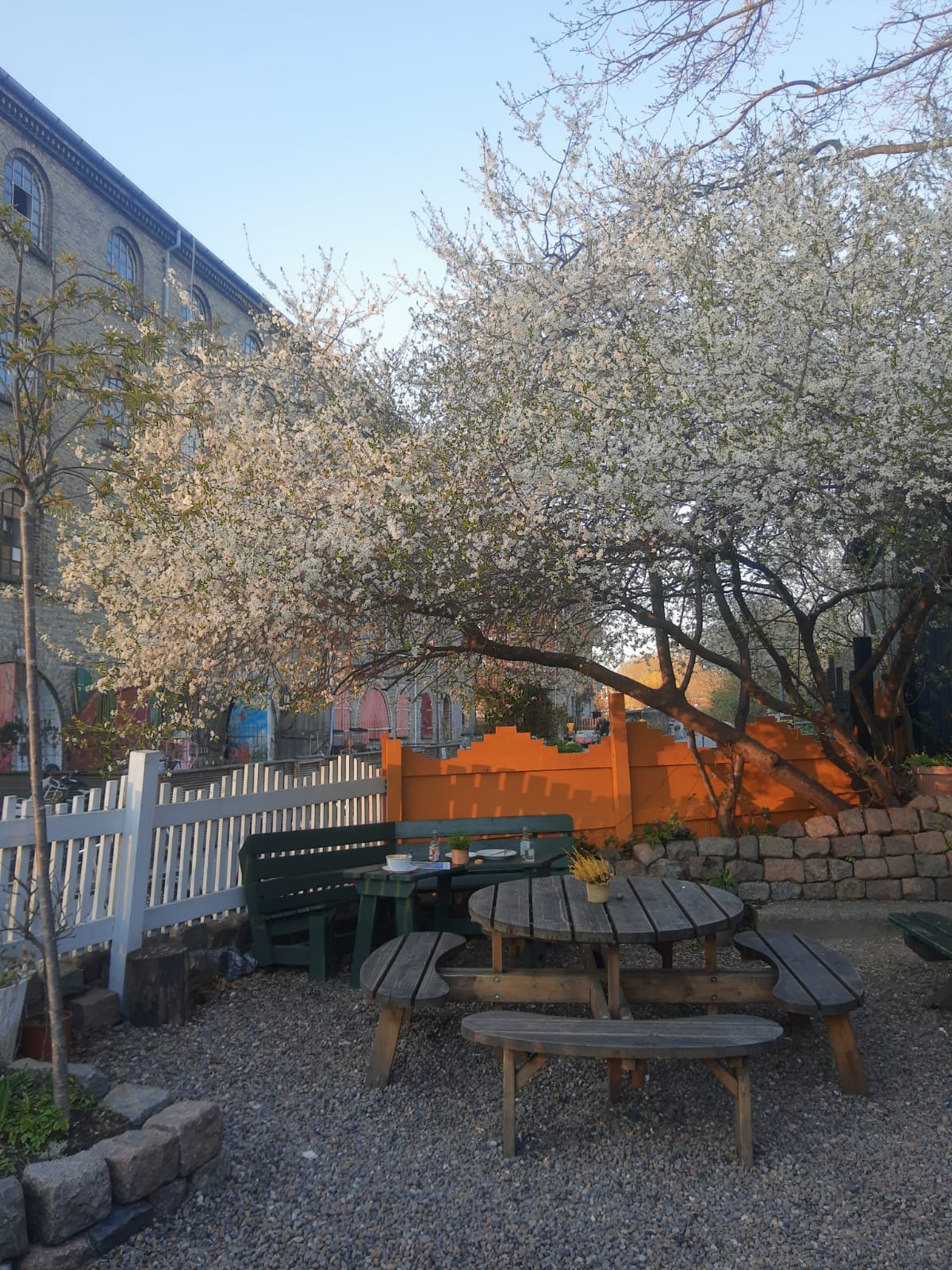
Do you have general tips and tricks about leisure time?
-
- Pf wine-club, every month a wine tasting for 60 or 90 DKK (depending on whether you bought a membership). This club is very accessible for internationals. Can be found on Facebook and Instagram
- Kampsax is a student bar open on Thursdays
- Some places in the university turn into a bar on Friday
- Lyngby centre has some nice things as well:
-
- Cinema, also with 4D movies
- Storecentre with many shops
- Da Basso, an Italian restaurant with amazing food. And it is relatively affordable
-
- Copenhagen has many clubs that you can go to. I would recommend to just try them and see what you like.
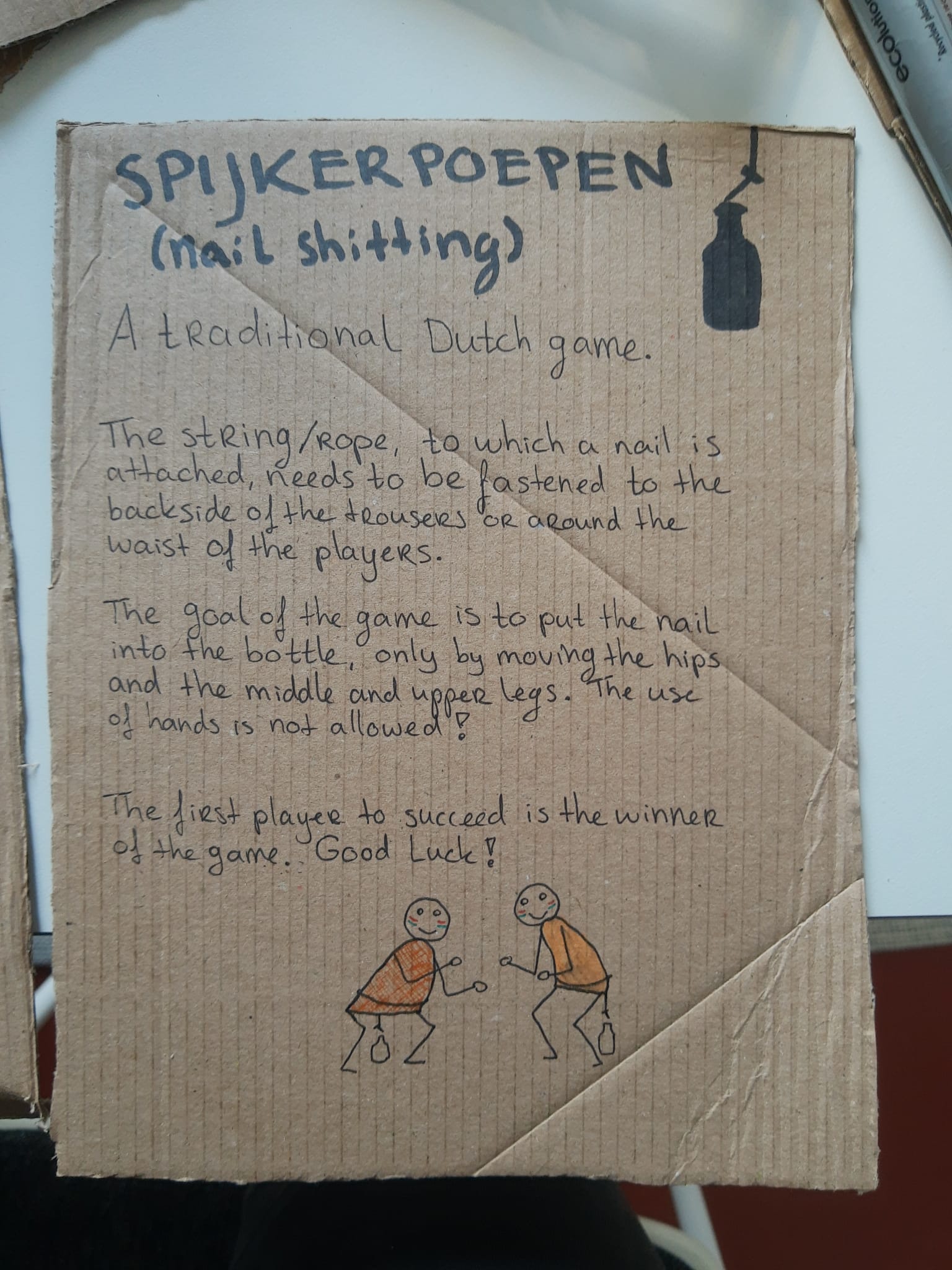
7. Challenges & best moment abroad
What was a challenge you have experienced?
Danish student were not really eager to make new friends. I wanted to experience what it is like to be a Danish student, but I got stuck in the international group.
What was your best memory abroad?
One night I got invited to a Portuguese party where they cooked us delicious food and played Portuguese music. At one point a guy went to grab something and came back with a whole DJ installation, he turned the night into a true dance party. It felt so random that suddenly there was a DJ, but it was a lot of fun and a night to remember.
8. Contact details
Would you like to ask Mae more questions about her exchange?
Send her a mail: mae.plas@wur.nl

